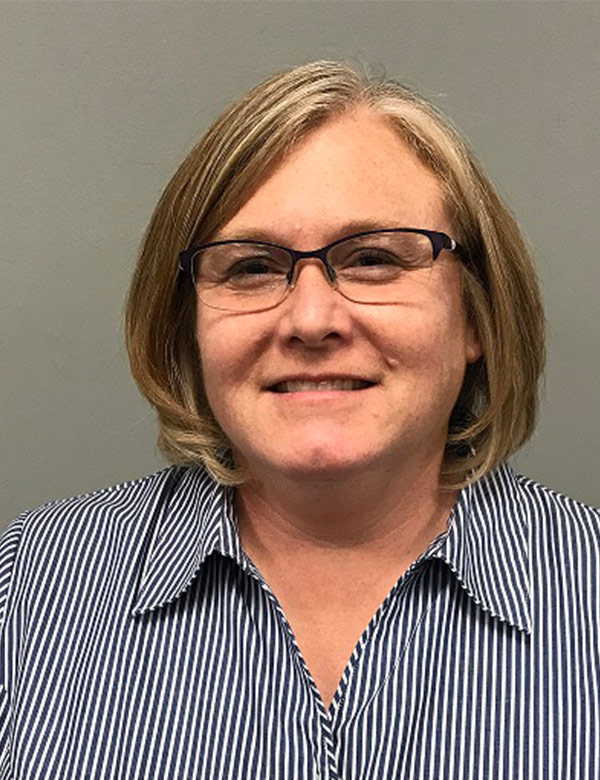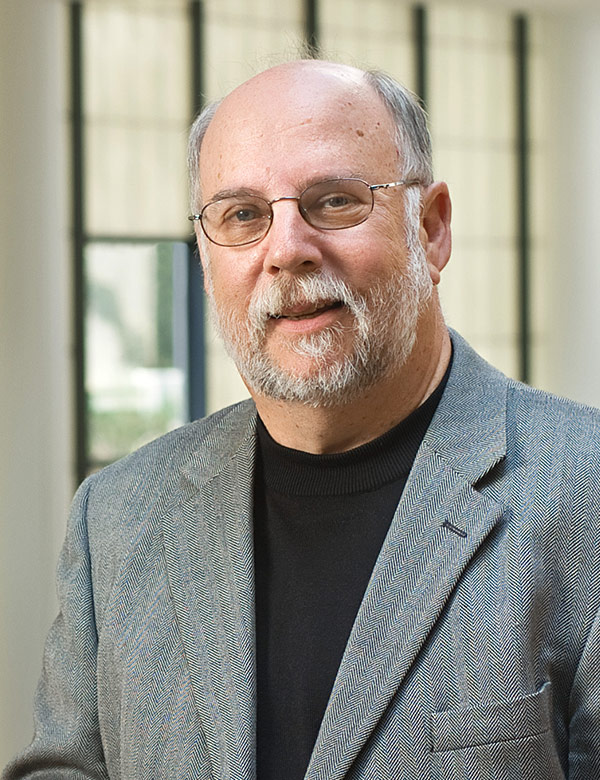Case Western Reserve University researchers highlight need for improved access to Medicaid waivers for families affected by autism spectrum disorder
During the next 10 years, an estimated half-million individuals in the U.S. with autism spectrum disorder (ASD) are expected to transition from adolescence to adulthood, according to the Centers for Disease Control and Prevention.
That means thousands of these young adults will likely fall into a widening and potentially devastating gap in a variety of services—because they’re too old for high school, but may not qualify for Medicaid-funded services, social work researchers at Case Western Reserve University predict in a new study.
The team of researchers from the Jack, Joseph and Morton Mandel School of Applied Social Sciences interviewed 174 families from Northeast Ohio to examine the use of health, medical and social services for youth with autism—from 16 to 30 years old—and their family caregivers. The study was funded by the International Center for Autism Research and Education (ICARE) through a Mt. Sinai Health Care Foundation catalytic grant and a grant from the Mandel School.
The findings, recently published in the Journal of Autism and Developmental Disorders, show that having a Medicaid waiver and high school enrollment emerged as “the most robust and consistent” predictors of youth with autism and their families using available services.
Those services include improved job training and access to medical care, speech and occupational therapy and transportation. Autism, a neurological condition typically diagnosed by age 3, often affects a person’s communication abilities and social skills.

Having ample services available is vital, said Karen Ishler, a senior research associate at the Mandel School and the study’s lead author.
“These findings provide a snapshot of the ‘service cliff’ faced by families and highlight the need for additional research,” she said. “It reaffirms that once individuals leave high school, they are less likely to receive services. But having a Medicaid waiver provides a gateway to receiving all sorts of services.”
David Biegel, the Henry L. Zucker Professor of Social Work Practice Emeritus at the Mandel School and a co-author of the study, noted that how states administer Medicaid waivers varies widely. Ohio has been generous in some regards, he said, but other states have done better for those with autism.
“Pennsylvania, for example, has a Medicaid waiver available specifically for those with autism,” he said. “So when you apply, you don’t have to compete with individuals with other health conditions.”
Ishler said states like Ohio could take a lead role to address the issue, “but that also takes dollars and some motivation.”

That would involve finding other options for funding services, changing eligibility requirements for Medicaid waivers and reducing the wait list, the researchers said. “Autism spectrum disorder affects the entire family,” Biegel said.
“Many young people with ASD are at risk for reduced quality of life in adulthood,” he said. “Additionally, families of adolescents and young adults with ASD face all kinds of stressors—especially during those critical, post-high school transition years.”
Take, for example, finding a job. Students with autism are allowed to stay in Ohio public schools until age 22. When they finish, though, employment training and supports often dry up, according to the study.
It’s something only made more challenging by the global COVID-19 pandemic.
“I think about some of these families, about how difficult it must be at home—especially for those whose youth have complex service needs,” Ishler said.
Study participants were referred from 28 agencies and organizations across Northeast Ohio. The authors also partnered with one local organization—Milestones Autism Resources, a nonprofit that provides support, evidence-based strategies and coaching to families of individuals with autism—to disseminate study findings.
For more information, contact Colin McEwen at colin.mcewen@case.edu.
This article was originally published May 4, 2021.


